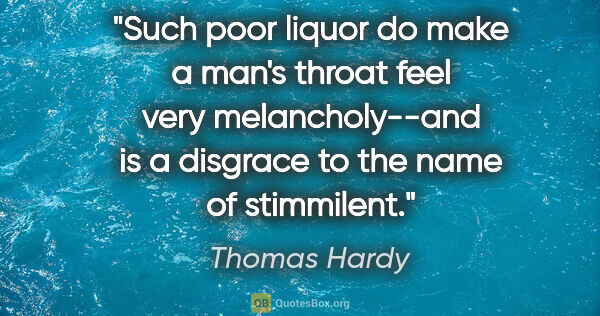Very Quotes (page 363)

It was the judge and the imbecile. They were both of them naked and they neared through the desert dawn like beings of a mode little more than tangential to the world at large, their figures now quick with clarity and now fugitive in the strangeness of that same light. Like things whose very portent renders them ambiguous. Like things so charged with meaning that their forms are dimmed.
Cormac McCarthy
In reading Chesterton, as in reading MacDonald, I did not know what I was letting myself in for. A young man who wishes to remain a sound Atheist cannot be too careful of his reading. There are traps everywhere? "Bibles laid open, millions of surprises," as Herbert says, "fine nets and stratagems." God is, if I may say it, very unscrupulous.
C. S. Lewis
The daughters put all kinds of things into their albums, little scraps of cloth from their dresses, little snippets of ribbon, pictures cut from magazines -- the Ruins of Ancient Rome, the Picturesque Monasteries of the French Alps, Old London Bridge, Niagara Falls in summer and in winter, which is a thing I would like to see as all say it is very impressive, and portraits of Lady This and Lord That from England. And their friends write things in their graceful handwriting, 'To Dearest Lydia...
Margaret Atwood

There, I said to myself, are the reasons for the silence and darkness that surround the library: it is the preserve of learning but can maintain this learning unsullied only if it prevents its reaching anyone at all, even the monks themselves. Learning is not like a coin, which remains whole even through the most infamous transactions; it is, rather, like a very handsome dress, which is worn out through use and ostentation. Is not a book like that, in fact?
Umberto Eco
Marianne would have thought herself very inexcusable had she been able to sleep at all the first night after parting from Willoughby. She would have been ashamed to look her family in the face the next morning, had she not risen from her bed in more need of repose than when she lay down in it. But the feelings which made such composure a disgrace, left her in no danger of incurring it. She was awake the whole night, and she wept the greatest part of it. She got up with an head-ache, was...
Jane Austen
None was more indifferent to convention than herself, and the marriage tie especially excited her ridicule, but she despised entirely those who disregarded the by-laws of society, yet lacked courage to suffer the results of their boldness: to seek the good opinion of the world, and yet secretly to act counter to its idea of decorum, was a very contemptible hypocrisy.
W. Somerset Maugham